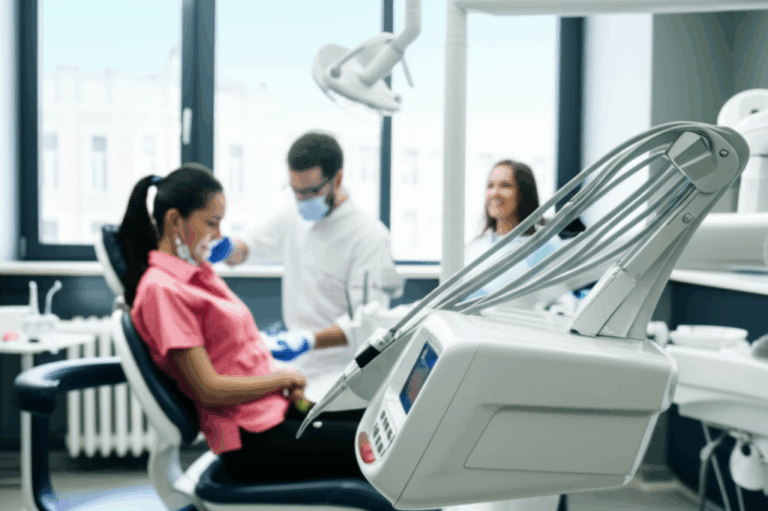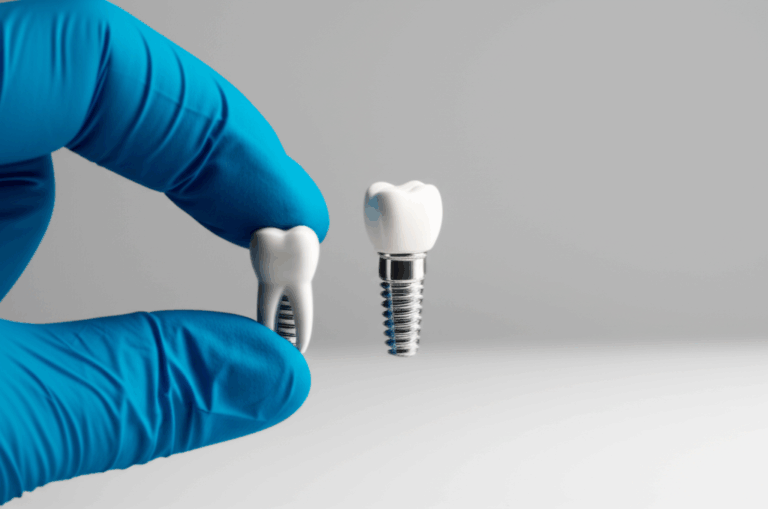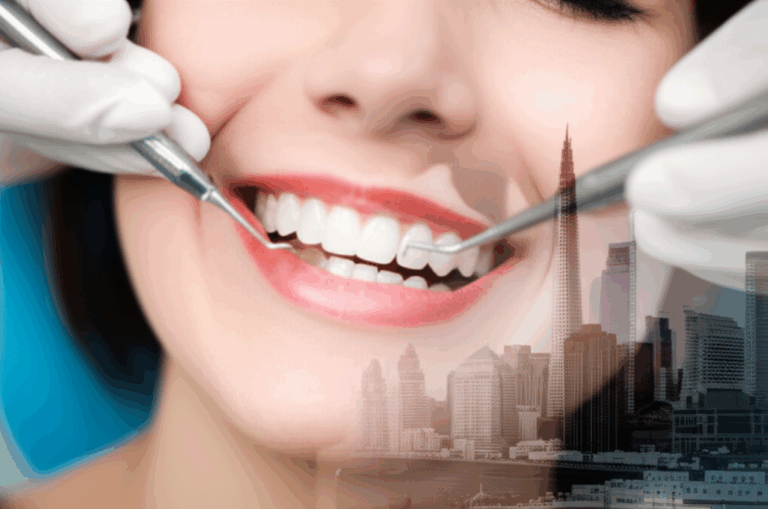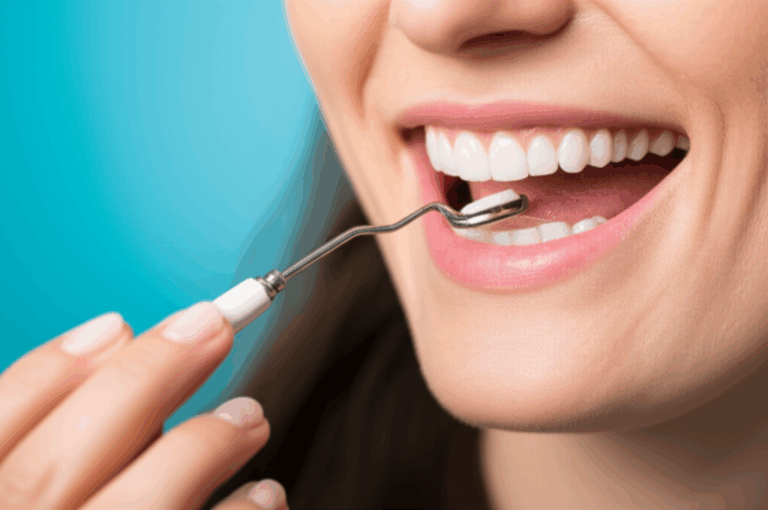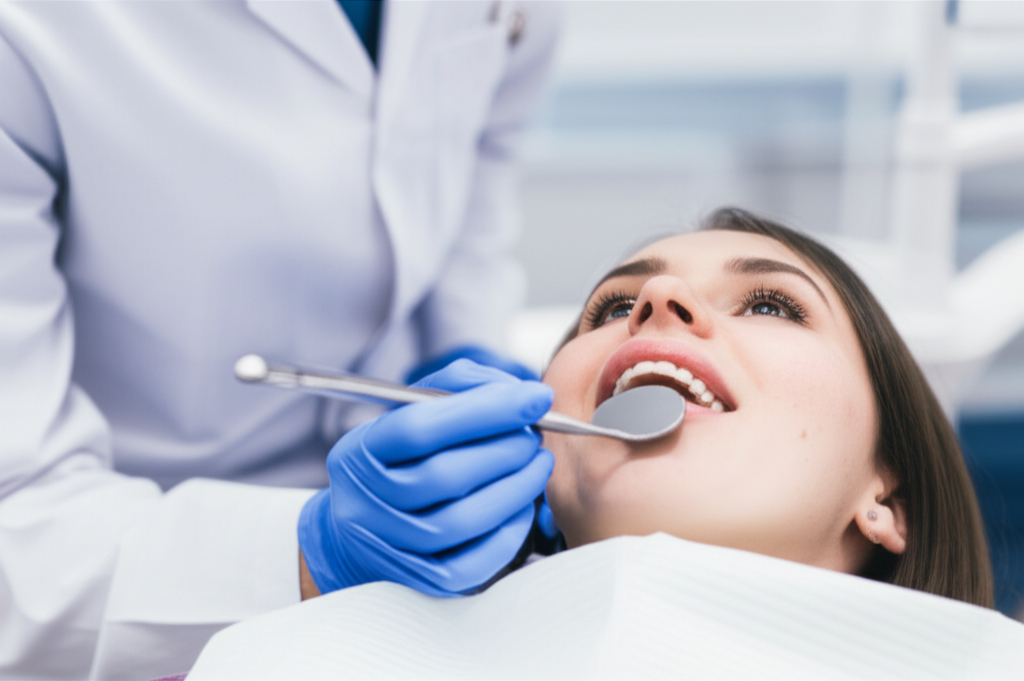
Dentist Salary in Germany: A Simple Guide to Earnings & What Affects Them (2024 Update)
Ever wonder how much dentists take home in Germany, from their early days to running their own clinic? Want to know if working in Munich or Berlin changes your pay, or what happens if you become a specialist? This guide will answer all those questions, break things down in plain words, and help you see if dentistry here makes sense for you or your family. Let’s look at the pay, your choices, and tips to raise your future income.
Table of Contents
Why Should You Care About Dentist Salaries in Germany?
A dentist’s paycheck doesn’t just pay for fancy tools or a nice white coat—it’s about having a safe and steady life. Maybe you’re a student choosing a job, or a dentist wanting to move to Germany. You want real numbers and want to know what your pay really means for your future.
Here’s the thing: Lots of people think all healthcare jobs in Germany pay a lot, or that every dentist gets rich fast. The truth? Pay changes a lot based on whether you work for a clinic, have your own place, or do special treatments.
If you want the real numbers and what affects them—keep reading. I’ll make it simple and show you how to do better.
How Much Does the Average Dentist in Germany Earn?
So, what’s a normal dentist’s pay in Germany these days?
Table: Dentist Salaries in Germany (2024)
| Experience Level | Average Yearly Gross (€) | Monthly Gross (€) | Notes |
|---|---|---|---|
| All Dentists (Average) | 70,000 – 120,000 | 5,800 – 10,000 | Changes by skill, city, job type |
| Employed Entry Level | 45,000 – 65,000 | 3,750 – 5,400 | First 1-3 years, as assistant dentist |
| Self-Employed (Owner) | 150,000 – 300,000+ | 12,500 – 25,000+ | Net money, before personal taxes |
| Specialist Dentists | 80,000 – 180,000+ | 6,700 – 15,000+ | Orthodontists, oral surgeons often earn more |
| Rural vs. Urban | Lower in rural areas | A bit lower | Lower costs, too |
| East vs. West | East a bit lower | – | West pays a bit more usually |
Source: German dental groups, job surveys, and job websites.
Even if you’ve picked dentistry, your earnings might change a lot depending on what you do next!
What Do Starting Dentists Make?
Everyone has to start somewhere. Dentists in Germany usually begin as “assistant dentists” or with an Einstiegsgehalt (starting pay).
For your first 2-3 years, you can expect:
- €45,000 – €65,000 a year before taxes
- About €3,750 – €5,400 per month, before any cuts
Why so low at first? Two main reasons:
The good news? After a few years, if you work hard, your pay can jump—sometimes even more if you switch jobs or do specialist training.
Which Factors Raise or Lower Dentist Income?
Not all dentists in Germany get the same paycheck. Here’s what can make you earn more or less:
- A beginner dentist can’t ask for the same money as someone with ten years’ experience. Managing others or taking on harder cases can mean more pay.
- Dentists who focus on braces or do mouth surgery have extra training, so they charge more (and clinics will pay more).
- Big cities like Munich or Hamburg pay more, but rent and living costs are higher too. Out in the countryside, pay is lower, but so are living costs.
- Do you work full-time or part-time? Do you see a few patients a day, or loads? The more people you help, the more you can earn.
- Are you working in someone else’s clinic, or are you the boss? Practice owners can earn more but have more expenses and things to worry about.
Bottom line: No two dentists are paid exactly the same. Your choices really matter.
Practice Type: Employed or Own Your Own Clinic?
Some dentists like to work fixed hours and go home. Some want their own place, call the shots, and keep the profits. Both ways can work—but they’re quite different.
Employed Dentist (Angestellter Zahnarzt)
- You work for someone else’s clinic, a bigger group, or a hospital.
- Mid-career average pay: €65,000 – €90,000 a year (before taxes).
- Very experienced dentists: €90,000 – €120,000+ not unusual.
You’ll probably get:
- Regular work hours
- Paid vacation
- Fewer business headaches
Self-Employed Practice Owner (Niedergelassener Zahnarzt)
- You own your clinic and run your own business.
- Possible net profit: €150,000 – €300,000+ a year.
- Big city or top specialists can do even better.
But be careful:
- About half or more of your earnings go on things like rent, staff, supplies, and taxes.
- You run everything yourself—staff troubles, broken drills, unhappy patients.
So which is better? If you want more money and more freedom, try owning. Want less risk or more free time? Pick an employed job.
If you want to improve your treatments, try working with a good digital dental lab.
Does Specialization Mean a Bigger Paycheck?
Yes, it usually does! Becoming a specialist in Germany takes more years and real-life practice, but it can really push your pay up.
Example Specialist Dentist Pay:
| Specialist Type | Yearly Gross Income (€) |
|---|---|
| Orthodontist (braces) | 80,000 – 150,000+ |
| Oral Surgeon | 90,000 – 180,000+ |
| Gum/Root/Other Specialists | 75,000 – 130,000+ |
Specialist jobs—like dental implants or tricky repairs—cost more. Patients pay extra for someone with special know-how, and so do clinics. It takes hard work and time, but the pay bump is real.
Want to grow your services or use new treatments? Try partnering with a modern implant dental laboratory.
How Much Does Location Matter in Dentist Salaries?
Where you work in Germany can really change what you make. City, state, or east vs. west can switch things up.
- Big cities (Munich, Hamburg, Stuttgart): Pay more, but living costs and competition are also higher.
- Eastern states often mean less money, but this is getting closer to the west now.
- Countryside/rural jobs: Sometimes pay bonuses if no one wants to work there, mainly if dentists are rare.
It’s a bit like cake—the slice is bigger in big cities, but so is the price of your fork!
How Are Working Hours and Patient Numbers Tied to Income?
Do you want to work long hours, or do you want more time off? Your choice affects your pay.
Full-time Dentists:
- See more patients
- Can bill for more treatments
- Usually earn more
Part-time or less busy:
- Bring home less, but have more time for yourself
- Good for parents, those retiring soon, or side hustles
Don’t forget—having the latest equipment, like digital X-rays or 3D tools (think 3d dental lab), can let you treat more people and make your work easier, helping your wallet too.
Gross vs. Net Income: What Do You Really Take Home?
Here’s where many young dentists mess up: You see a big salary, think “Great—I’m set!” But remember, the government takes its share.
In Germany, you keep about 45-55% of what’s on your contract.
- High taxes
- Required health, pension, jobless insurance
- Work and liability insurance bills
If you own a clinic, that net profit is still before your personal taxes! Make sure to plan so you don’t overspend.
How Do German Dentists Compare to Other Professions & Countries?
Wondering, “Do dentists in Germany get the best pay out there?”
Here’s a quick look:
- Doctors (GPs): Similar or sometimes a bit more, but often tougher hours and more calls.
- Doctor Specialists: Some top surgeons or radiologists make more than dentists, but train for longer.
- Other health jobs (like dental hygienists): Usually lower (roughly €35,000 – €55,000 before tax).
What about other countries?
- UK: Most dentists there earn a bit less than in Germany, with about the same living costs.
- USA: More pay, but bigger study loans.
- Switzerland, Netherlands: Sometimes better pay, especially for specialists.
For more info on dental troubles globally, check out dental problems.
What’s the Career Outlook for Dentists in Germany?
Germany’s getting older, teeth always need care, and health insurance means clinics stay busy. Dentists won’t be needed any less.
Trends:
- Older dentists are retiring, so new clinic spots come up.
- White teeth and techy treatments (like veneers, implants) are hot.
- Big cities have lots of dentists. Rural places need more.
- Extra education (new skills, special tech) sets you apart.
Tip: Learn about new dental tech, take extra courses, and watch for health rules that change. Working with a smart crown and bridge lab helps your patients—and your business.
FAQs: Quick Answers to Your Top Dentist Salary Questions
Q: How much does a dental hygienist make in Germany?
A: Usually €35,000 to €55,000 before taxes—a lot less than dentists, but still important work!
Q: Is dentistry a well-paid job in Germany?
A: Yes. Starting pay is just okay, but as you move up, own a clinic, or get specialist skills, it pays well.
Q: What’s the normal profit for a clinic owner?
A: About €150,000–€300,000 take-home a year before your taxes, but this swings a lot by city, clinic size, and costs.
Q: Do foreign dentists earn the same as German ones?
A: If you pass all the German license and language tests, yes. Most places want good German and someone who knows the German way.
Key Takeaways: What Should You Remember?
- Dentist pay in Germany changes by city, skills, and if you own your clinic.
- Starting out: Think €45,000–€65,000 a year, but this rises with effort and know-how.
- Specializing or owning a clinic gives you the best pay jump.
- You keep about half your gross pay after all cuts—budget right!
- Where you work and how many people you treat matters: Big cities pay more, but cost more, too.
- Best dentists grow by learning new skills and linking up with trusted labs.
- Dentistry in Germany is safe and pays well if you work hard and keep learning.
Thinking of a dentist job? Do your homework, plan ahead, and keep training—if you pick your steps well, you’ll be set for the long run and see your pay grow!
References: German Dental Association, Job Market Sites (Stepstone, Glassdoor, Gehalt.de), Professional Groups (BZÄK, KZBV), and recent market looks from 2023/2024.

